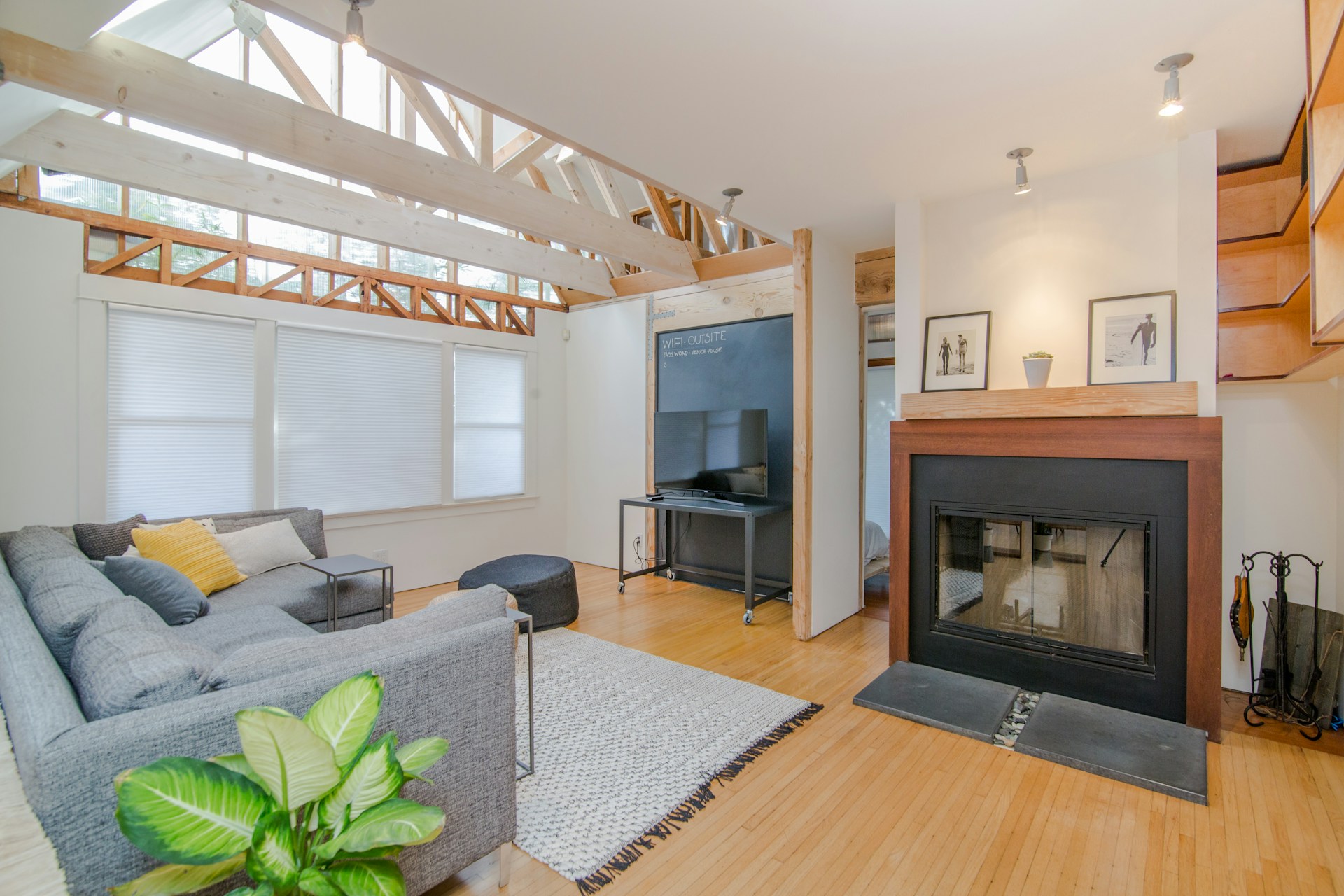Maintaining a healthy indoor environment in your Charleston, South Carolina home is necessary to ensure you and your family enjoy a comfortable and clean living space. One often overlooked aspect of a healthy home is air quality. With various sources of indoor air pollution, including dust, pet dander, pollen, and even harmful chemicals, an effective air filtration system can be a vital contributor to maintaining optimal indoor air quality.
We will explore the importance of air filtration systems, discuss the various types available, their benefits, and how our experienced team of professionals at Fix It 24/7 Air Conditioning can help you choose the right air filtration solution for your specific needs. Our family-owned and operated, full-service air conditioning, heating, and plumbing business is committed to providing top-quality services, ensuring your home is both comfortable and healthy for you and your loved ones. With Fix It 24/7 Air Conditioning by your side, you can trust that your air quality concerns will be addressed with the utmost care and expertise.
Why Air Filtration Matters: Indoor Air Quality and Its Impact on Health
Indoor air quality significantly affects our health, well-being, and the overall comfort of our homes. Poor indoor air quality can cause or exacerbate respiratory issues, allergies, and asthma or lead to long-term health complications due to exposure to harmful chemicals or microbes. Common sources of indoor air pollutants include:
- Biological contaminants: Mold, mildew, pet dander, pollen, and dust mites can be harmful to our respiratory systems and provoke allergy or asthma symptoms.
- Chemical pollutants: Volatile organic compounds (VOCs) are emitted by various household products, such as cleaning supplies, paint, and furniture. Prolonged exposure to high levels of VOCs can cause headaches, nausea, and respiratory irritation.
- Combustion byproducts: Carbon monoxide and nitrogen dioxide are harmful gases produced by appliances that burn fuel, such as gas stoves, furnaces, and fireplaces. High levels of these gases can lead to severe health issues.
An effective air filtration system can help remove these contaminants, ensuring a healthier living environment for you and your family.
Types of Air Filtration Systems and How They Work
There are several types of air filtration systems specially designed to target different contaminants and provide varying levels of filtration. Some popular options include:
- Mechanical Filters: These filters, such as High-Efficiency Particulate Air (HEPA) filters, work by trapping airborne particles like dust, pet dander, and pollen. Mechanical filters require regular maintenance as they can become clogged, reducing their efficiency and the overall performance of your HVAC system.
- Activated Carbon Filters: These filters use porous carbon to trap and neutralize VOCs and odors, effectively removing chemical pollutants from indoor air. Activated carbon filters typically need to be replaced periodically as the carbon becomes saturated with contaminants.
- Ultraviolet Germicidal Irradiation (UVGI) Cleaners: These air purification systems use ultraviolet (UV) light to eliminate bacteria, viruses, and mold spores in the air, reducing the risk of airborne infections and allergy symptoms.
- Electronic Air Cleaners: Electronic air cleaners, such as electrostatic precipitators and ionizers, work by charging airborne particles which are then attracted to a charged collector plate or other surfaces in the room. These systems can effectively remove microscopic particles and may require less maintenance than mechanical filters.
Key Benefits of Air Filtration Systems
Investing in an air filtration system offers numerous advantages to homeowners, which include:
- Improved Air Quality: An air filtration system removes harmful contaminants, providing a cleaner and healthier living environment for you and your family.
- Reduced Allergy and Asthma Symptoms: By eliminating allergens and irritants, air filtration systems can alleviate allergy and asthma symptoms, leading to increased comfort and well-being.
- Enhanced HVAC Performance: A well-maintained air filtration system can prolong the life of your HVAC system by preventing dust and debris from accumulating on critical components.
- Lower Energy Bills: A clean air filtration system improves airflow through your HVAC system, reducing the energy required to heat or cool your home and, as a result, lowering energy costs.
Selecting the Right Air Filtration System for Your Home
When choosing an air filtration system for your home, consider the following factors:
- Type of Contaminants: Identify the primary indoor air pollutants affecting your home to ensure you choose an air filtration system designed to target those specific contaminants.
- Size of Your Home: Ensure the air filtration system you select is adequate for the size of your home and compatible with your existing HVAC system.
- Maintenance Requirements: Consider the maintenance needs and costs of the filtration system, as regular filter replacement or cleaning is essential to maintain optimal performance.
- Budget: Air filtration systems can vary in cost, so it’s crucial to determine your budget and assess the long-term benefits and potential energy savings when making your decision.
Conclusion
With a thorough understanding of the importance and benefits of air filtration systems, you can make a well-informed decision about which system is most suitable for your Charleston, SC home. Your investment in an air filtration system will not only lead to a healthier and more comfortable living environment but also help improve the efficiency and lifespan of your HVAC system.
If you need guidance in selecting and installing the right air filtration system for your home, do not hesitate to contact our team of experienced professionals at Fix It 24/7 Air Conditioning. We are dedicated to helping you maintain a comfortable and healthy living space, ensuring your home remains a safe haven for you and your loved ones.

